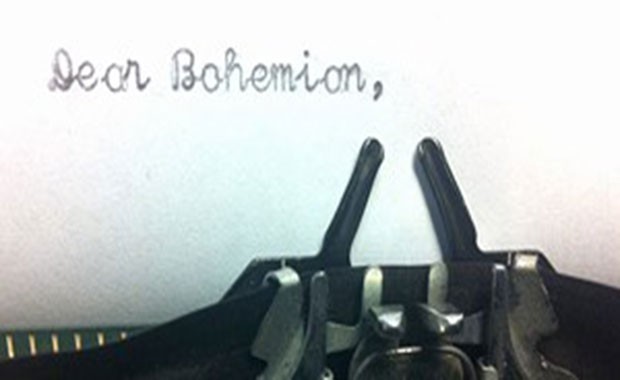Offensive vs. Oppressive
In his article “The Right to Offend” (Jan. 21), Tom Gogola notes our society’s sensitivity to offensive content. However, his arguments against censorship are undermined, as he overlooks one major detail: the difference between offensive and oppressive content.
“Offensive” and “oppressive” are two distinctly different words that cannot be substituted for each other. The Oxford dictionary groups “offensive” with such words as “insulting,” “hurtful,” “annoying,” “impolite” and “provocative.” When prompted for synonyms for “oppressive,” however, words such as “repressive,” “tyrannical,” “anti-democratic,” “despotic” and “draconian” appear. Offensive content simply upsets, while oppressive content is far more severe—it trivializes pre-existing injustices that the oppressed have faced by mocking them or outright denying their existence.
Now that the crucial difference between “offensive” and “oppressive” has been made clear, the flaws in Gogola’s arguments in “The Right to Offend” are evident. In one of these arguments, Gogola quotes Shannon Wheeler, a political cartoonist. “We’re still getting used to the idea that people can get shut down,” says Wheeler. “You do make the joke that is sexist or racist, or is interpreted that way, and people call for the end of your career. They call for your head. ‘This person should be fired, they should never work again.'”
Wheeler’s remark is incredibly ignorant and somewhat self-absorbed; he completely fails to see past the consequences that the author faces after publishing oppressive content. Wheeler, while focusing on his own potential losses if his material were deemed racist or sexist, completely overlooks any consequences to the victims of the oppression his content perpetuates.
The sad irony of this situation is exemplified by Wheeler’s lamentations—the oppressive content that he, the cartoonist, creates causes him to lose his job and allows the victims of the oppressive content to continue to be discriminated against, persecuted or even killed (such as in the case of the girls kidnapped by extremist group Boko Haram and Charlie Hebdo‘s oppressive cover “dedicated” to the issue). And yet Wheeler blindly ignores the consequences of his cartoon upon those it mocks, and feels compelled to complain about the unfairness and great injustice he would suffer over losing his job.
San Jose
More Comics, Please
Thank you very much for printing the comic strip This Modern World in a format that is legible.
The world’s greatest newspaper man, William Randolph Hearst, knew the value of printing comic strips in his many newspapers in order to increase and maintain readership. In fact, some of the liveliest “letters to the editor” debates concern the deletion and/or addition of different comic strips. You would be wise to increase the number of comics in your paper.
Woodacre
Write to us at [email protected].













